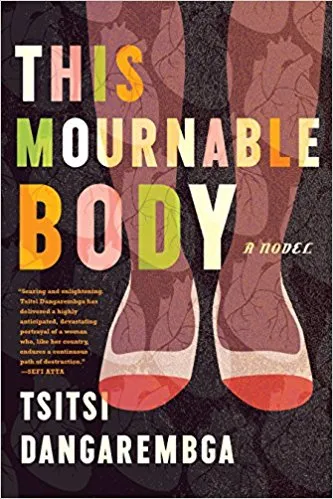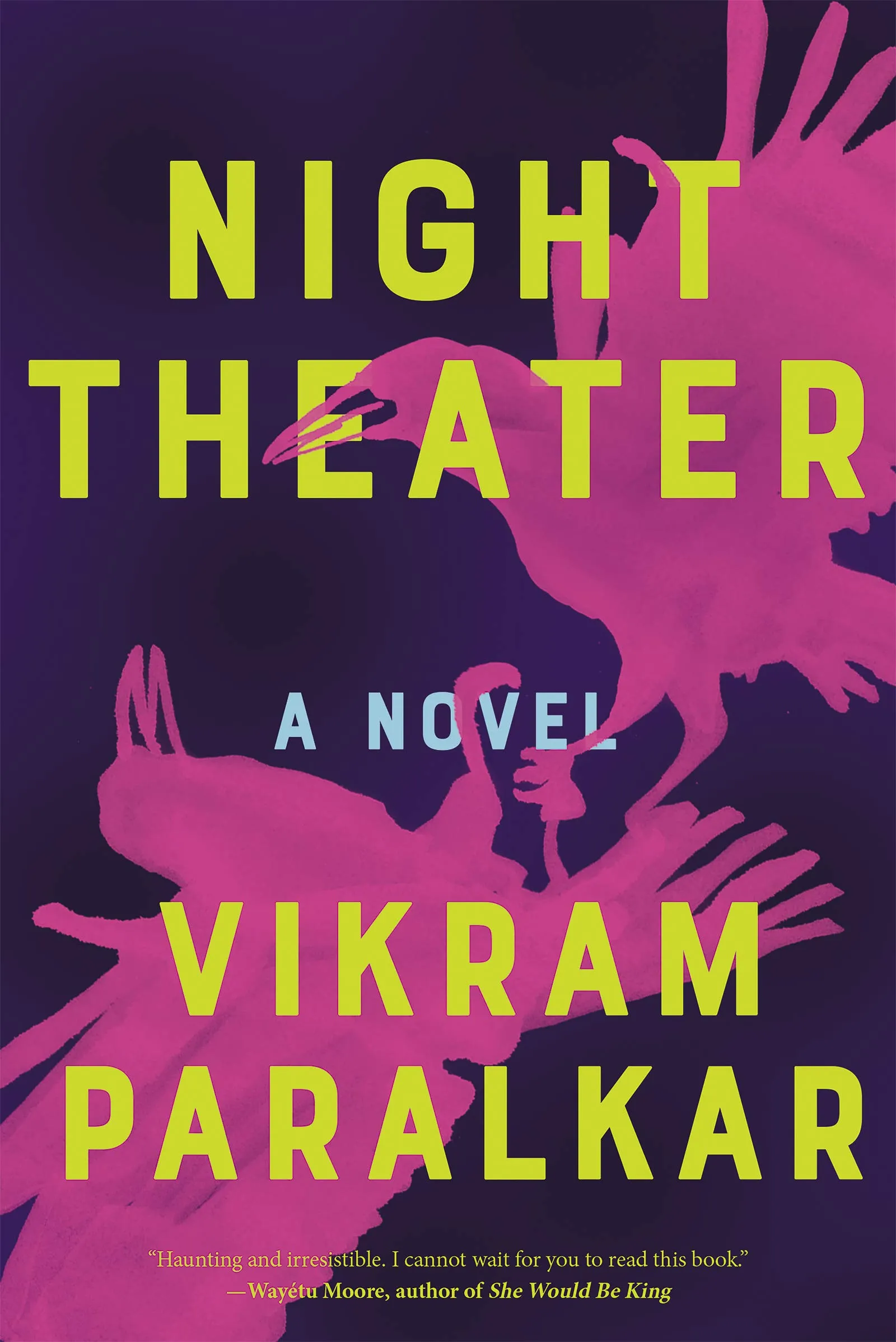
5 Fiction Books To Read If You Want to Get Really Mad About Capitalism
As we watch Disney absorb more companies into its gaping content maw and feel my eyes glaze over as news of more reboots and revivals floods my timeline, or cry as the unemployment rate skyrockets along with increasing pandemic mortality numbers, it’s easy to suddenly wonder if we’d be better off curling up into a ball in the woods for the rest of eternity than participate in a world so dominated by capital. Does the lowly snail have to pay a water bill? Can pondweed escape the terror and shame of writing a cover letter for a job it is perhaps overqualified for, but can cover the rent?
I’m already angry about, and demoralised by, capitalism. 2020 in particular made it incredibly easy to be furious about capitalism, and I intend to carry this energy productively into 2021. However, sometimes I feel as though it is easy, or tempting, to push the chaos of it to the back of your mind just to get through the day. It’s important to keep that fire stoked, though, in the hope of driving towards real change. I find that fiction about capitalism encapsulate the internal rage and despair that I feel in the face of it, and offers an emotional dimension that I sometimes miss in nonfiction on the same subject. While it doesn’t replace nonfiction, which remains an important resource to consult and study when learning more about capitalism, fiction remains a valuable a stage on which to explore the facts and numbers.
I cannot become one with the moss and forest quite yet, so instead I take to books to learn more about the impact of our money-driven society, and find the words that push me to keep standing up against it. While capitalism does not breed innovation, these works are full of it.
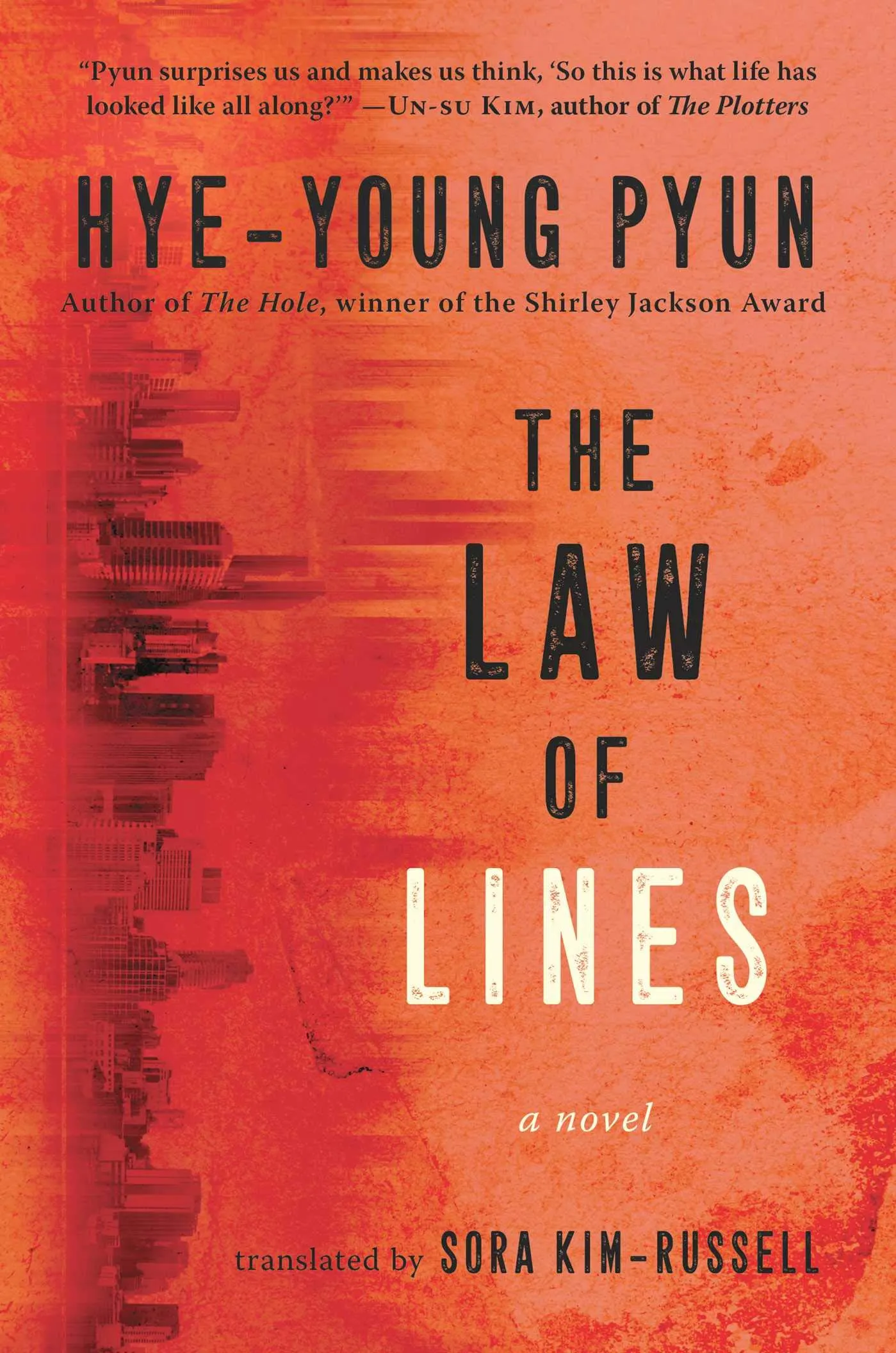
The Law of Lines by Hye-Young Pyun, Translated by Sora Kim-Russell
Two seemingly unconnected women learn that people close to them have died under suspicious circumstances, and take off on allegedly separate quests for the truth behind these untimely deaths. A bleak and cynical critique of how capitalism has eroded South Korea and how multi-level-marketing schemes are contemporary cults, the characters in this novel struggle to keep a grasp on their humanity, their positivity, and their motivation where money is involved. It asks what the cost of kindness and compassion is, and if you can be judged for being ruthless when you can’t afford lunch, let alone a moral compass. This book will have you furious for the ways in which corporations prey on the vulnerable, and how the vulnerable are kept desolate as part of deliberate capitalist schemes.
CW: emotional abuse
This Mournable Body by Tsitsi Dangarembga
Told in second person, this novel follows ‘you’, Tambudzai, as you navigate finding a job and reconnecting with your family in the newly independent Zimbabwe. An intimate exploration of exhaustion, dehumanisation, and the lingering effects of colonialism, this book is a critique of the ways in which capitalism forces us to sell not only our bodies but our cultures, just in the hope of covering medical expenses. It examines how capitalism fetishises, objectifies, and eventually dilutes until both the creator and the creation are hollow. Moving and disconcerting, Tambu is a brilliantly realised character who will take you by surprise.
CW: domestic abuse, sexual assault
Night Theater by Vikram Paralkar
A family of dead people arrive at a struggling clinic in the middle of the night and beg the surgeon to sew them back together before the sun rises, when they will return to being corpses. However, the clinic hasn’t been receiving equipment on time, is missing resources, and has been left to fend for itself financially due to government neglect; can the doctor heal this injured group, or will he decide his limited supplies are worth saving for living patients? This bizarre story discusses various metaphysical and philosophical topics, although a prominent issue that provokes these concerns is the lack of funding and materials that the doctor must work within, as government officials and representatives continue to find excuses to justify siphoning his grants and budgets for themselves. A book that will make you think about how money troubles can skew even well-meaning people and forces simple things, like helping someone, to become a tense dilemma of weights and measures.
CW: graphic depictions of surgery and injury detail
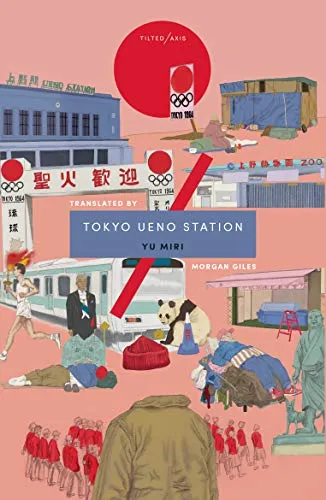
Tokyo Ueno Station by Yu Miri, Translated by Morgan Giles
A quiet and emotive novel about homelessness and the transformation of urban spaces, this melancholic perspective of Japan’s vulnerable communities is a slow and sad tale that will shed light on the invisible casualties of capitalism. Told by ghosts, the speculative edge here allows for a nonlinear exploration of the evolution of Tokyo from Imperial times to modern day, and how the city’s citizens are impacted; who gets turned invisible, who is denied space, and why? More importantly, what, if anything, can be done? This novel’s sparse yet immersive style will emphasise the importance of remembering and recognising who gets shunned in the process of ‘progress’.
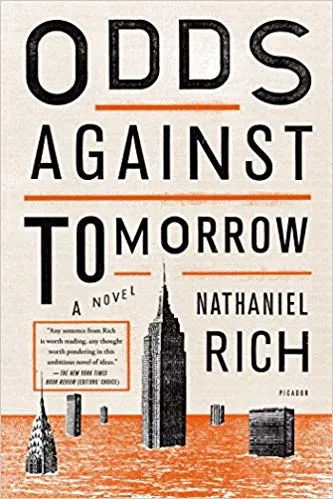
Odds Against Tomorrow by Nathaniel Rich
A future dystopian tale of pencil pushing during an apocalypse, this story follows Mitchell Zukor at his new job as a disaster data analyst, selling predictions of incoming catastrophes. However, when the worst case scenarios suddenly become a reality, he must face the consequences of using the end of the world for profit. A speculative story on the future of business practices and the monetization of danger, this novel perhaps offers its own premonition of what is next in line for capital exploitation, and the ominous persistence of these systems even when there is seemingly nothing left to sell, and nobody to sell it to.
We can use our collective anger about capitalism for good and real change, so if you’re interested in reading more about what you can do to continue your anti-capitalist thinking, check out this list of books about the importance of unions and labour in America.



